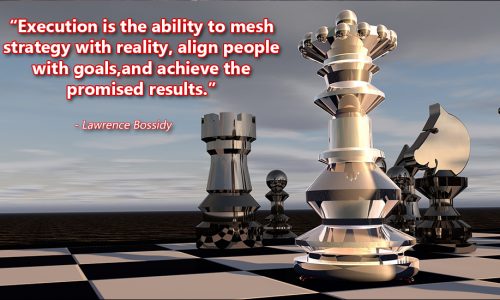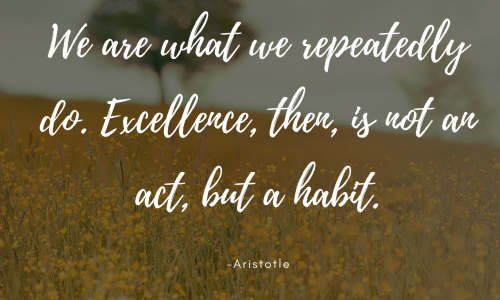
“If you are a leader, the true measure of your success is not getting people to work. It’s not getting people to work hard.
It is getting people to work hard together. That takes commitment.” John C. Maxwell
For the sales leader in a winning sales culture, closely related to the attribute of people orientation is collaborative expertise. While some tend to differentiate between collaboration and teamwork, I would propose that these are so closely related that they are one and the same for our purposes. Collaboration is required both within teams and among them, to achieve optimal effectiveness in business, or any endeavor involving a group of people for that matter. And, the foundational groundwork for effective collaboration are the following:
- Communications capability
- Interpersonal competence
Let’s first briefly assess each of these elements and come back to our review of collaboration.
As for communications capability, candidates must be articulate and well-spoken in expressing their points of view and for delivering key messages. Furthermore, the ability to make a presentation or give a speech is an important and necessary capability but is not entirely sufficient on its own. What I mean is that we are looking for the candidate who can also engage with individuals or groups and connect in one-on-one conversations with effective interactive dialogue. Furthermore, good communication is about more than just the spoken word, involving a keen sense of the meaning of what is said and, importantly, that which is tacit and unspoken. Moreover, it’s information conveyed with one’s eye contact and body language, and having the perception to read that of others as well. Perhaps the most fundamental element of truly effective communications that of listening and confirming understanding on what information is in fact truly being transmitted and received in a conversation.
Strong interpersonal skills or emotional intelligence, is another basic ingredient, and in my mind, adds a most critical dimension to the ability to communicate. It provides the individual with the capacity and authenticity to build relationships, establish trust, effectively navigate complex emotion filled discussions, and much more. For purposes of analogy, a good communications capability would be like having satisfied the requirements for one’s undergraduate work, while effective interpersonal skills are like having a graduate degree in strong and compelling communications.
With knowledge that strong communications capability and solid interpersonal skills are prerequisites, we want to understand the prospect’s track record for collaboration in three dimensions:
- Is there evidence of accomplishments achieved through the candidate’s creation of effective teamwork among employees supervised?
- Further, has the candidate demonstrated the capability to work collaboratively with his/her peers and colleagues in situations or on projects where coordination and communicating well with others was essential for the success of the endeavor? A leader must provide evidence of collaborative relationships with peers and the business leadership.
- Finally, effective collaboration is necessary with external stakeholders/constituencies: customers, partners, suppliers and others. We want to have a good understanding of the candidate’s comfort and accomplishments in this area.
Most, if not all, of the significant accomplishments in life, are the result of teamwork and collaboration, and this is no different for the business world. There are always other people, whether they are clearly noticeable or in the background, providing the requisite assistance and support system that make great achievements a reality. Thus, a leader with strong collaborative skills and, even more important, the ability to create such an environment is imperative for a winning sales culture.



